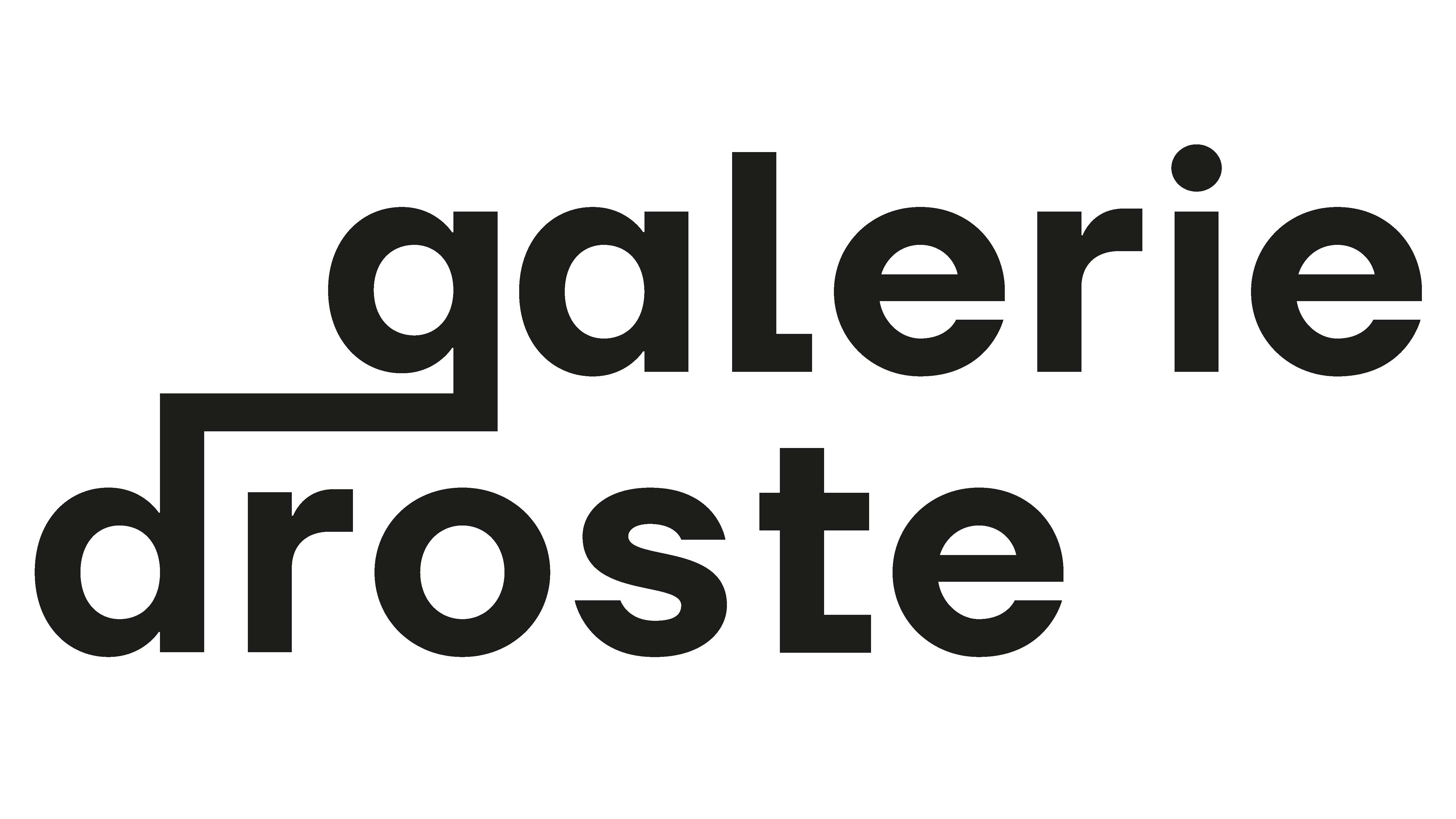Today, known for his black and white portraits covering whole buildings Hendrik Beikirch was born in 1974 in Kassel and started to do graffiti in 1989 under the synonym ecb. The intensity of the foreign faces’ power to call up familiarity can be experienced in places all over the world. Beikirch takes these studies of humanity with him on his travels and imbeds them as traces of personified life into new contexts. Scarred by life the monochrome faces lost the sleekness of youth long ago and allow us with the depth of their furrowed countenance to get access to their story. Initially, this high degree of intimacy seems to be at odds with the large-scale rendition on canvas and walls, but driven by our longing for a point of contact in city landscapes ever becoming more anonymous it leads to coherent symbioses.
The project shown in the exhibition is the result of encounters Beikirch had in the remote vastness of Siberia. For the story of those looking at us despite their colourlessness with human warmth the question about their personal treasure used as a starting point. Even if the small frames installed in between the canvases contain objects, these are to be understood as substitutions for immaterial treasures playing an important role in the life of the portrayed.
Other than so far the new works go beyond the mere portrait and involve sceneries emphasising the narrative element on the one hand and on the other hand referencing historic paragons of the Soviet Realism propagandising the liberation of the proletariat. There, the working class has been elevated and occasionally set into a rural surrounding, here, Beikirch clears his works up from everything excessive and creates an aesthetic balance, which is also a counterpoint to the contemporary flood of images. The scenic additions provide further charms: Besides their content they offer painterly advantages to play with textures. This applies to the surrounding nature as well as to the gestures and structure of the hands.
In comparison to the bygone Morocco project Beikirch’s work in Siberia kept other challenges on hand: Next to the sheer distances he needed to overcome the melancholic reclusiveness of the Russian soul and to get access to the however warm hospitality. To display this mentality has been the goal of the journey to this magic place, which to reach was linked to hardship and rewarded with a special cultural mixture of Europe and Asia blended in the Siberian’s faces. Being aware of the fact that a country is characterised to a lesser extend by tourist attractions than by its inhabitants Beikirch conveys as a narrator of single stories embodied by individuals the essence of his experiences in this widely extended region.
For more information: http://hendrikbeikirch.com/

